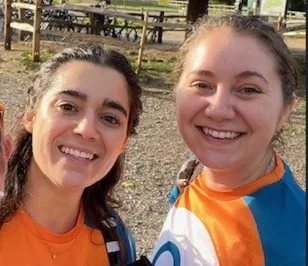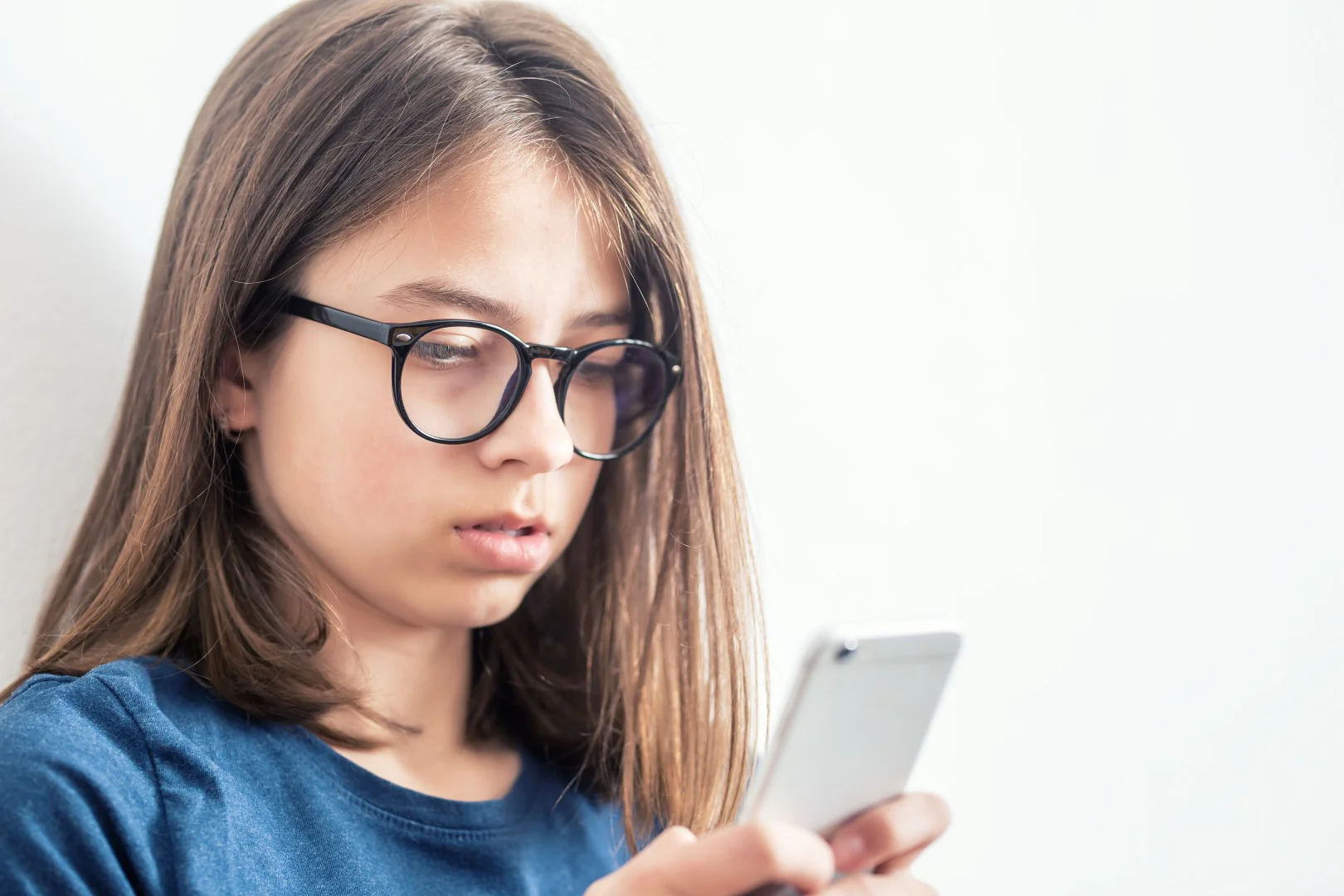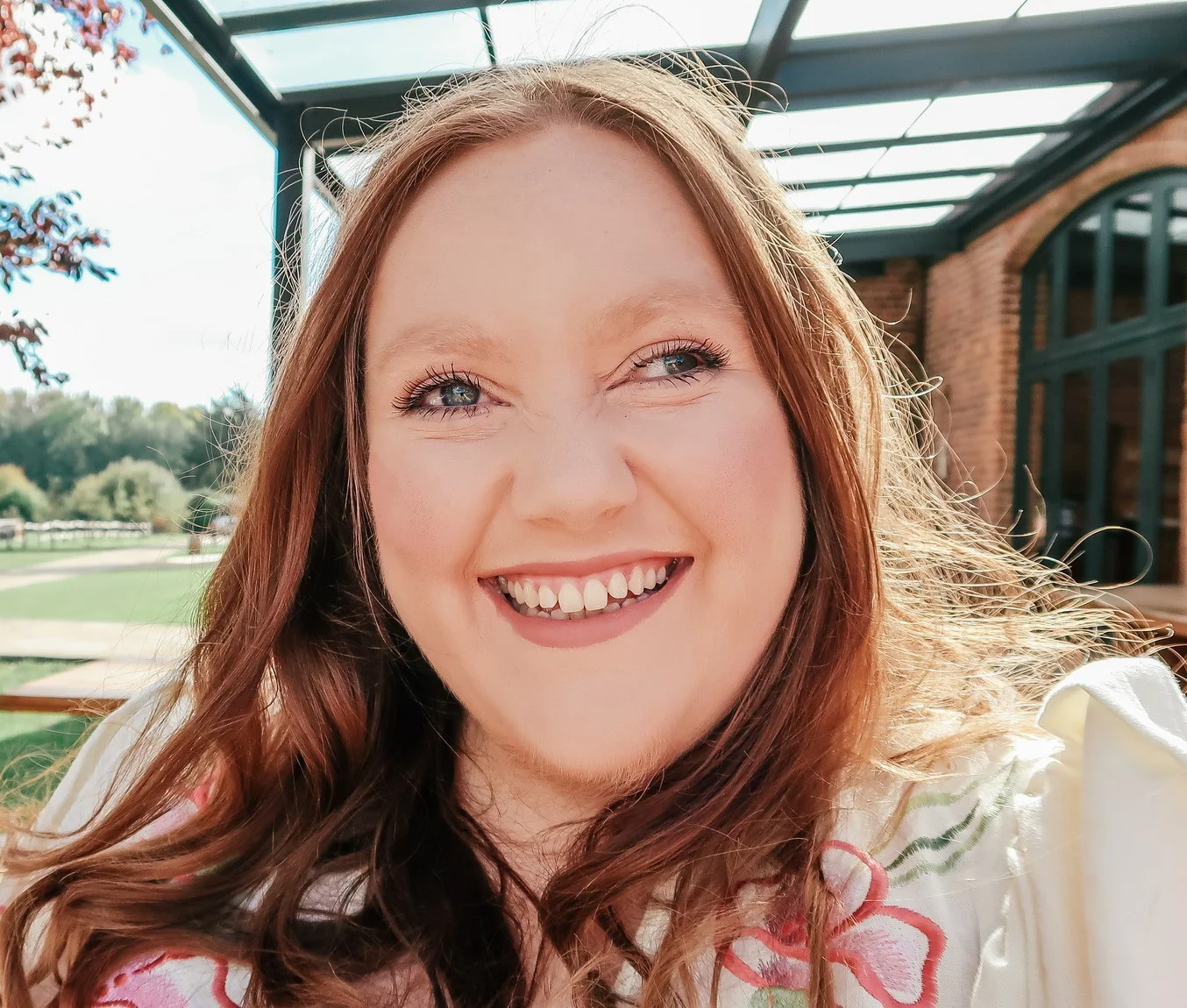- Home
- Mental Health Resources
-
Training & Support
- For Schools
- Training for schools
- Charlie Waller Trust Book Club
- Mental health webinars
- For Colleges
- Training for colleges
- Self evaluation tool
- Mental health webinars
- For Universities
- Training for universities
- E-learning for universities
- Mental health webinars
- For Parents
- PCPS Training Course
- Parent Carer Support Groups
- Eating disorder workshops
- Mental health webinars
- Get involved
- About us


